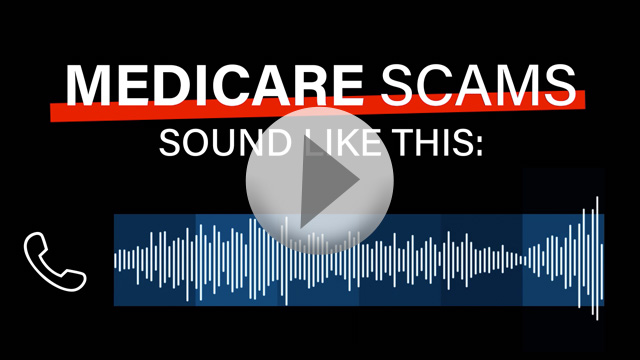Scammers are experts at shifting tactics and changing their messages to catch you off guard. This is especially true as they take advantage of anxieties related to the Coronavirus. Here’s a quick alert about some current government imposter scams using COVID-19 that are popping up on our radar.
Medicare scams
Scammers might call to offer things like a “COVID-19 kit,” “Coronavirus package,” or Medicare benefits related to the virus. But they’ll ask you to verify personal information like your bank account, Social Security, or Medicare numbers. If you get a call from someone who says they’re a Medicare representative and they ask for this information, hang up. It’s a scam, not Medicare calling. Report it to the FTC at ftc.gov/complaint.
To hear what one scammy Medicare call sounds like, listen to this:
Relief payment messages from “government agencies”
The FTC is getting a lot of reports about fraudulent calls, texts, and emails coming from people pretending to be from the Social Security Administration, IRS, Census, USCIS and the FDIC. These fake government messages might say that you’re approved for money, can get quick relief payments, or get cash grants due to the Coronavirus. Scammers might also promise you small business loans, or send a (phishing) alert that a check is ready to be picked up. These are all scams, and none of those messages come from a government agency.
If you respond to these calls or messages, they might ask you for money, personal information, or both. Don’t give it. And remember that the surest sign of a scam is anyone who asks you to send cash, pay with a gift card, wire money, or pay with cryptocurrency.
Stay on top of all types of imposter scams by visiting ftc.gov/imposters, and sign up for the FTC’s Consumer Alerts to get the latest on all kinds of scams.

